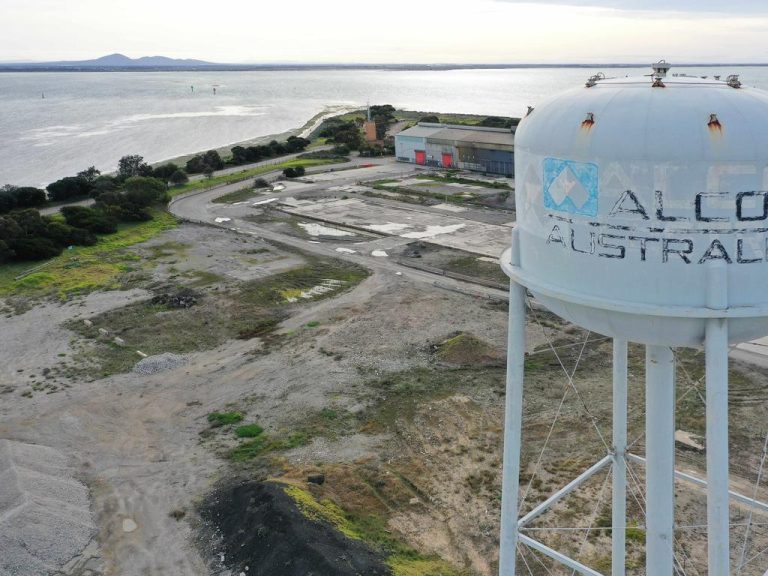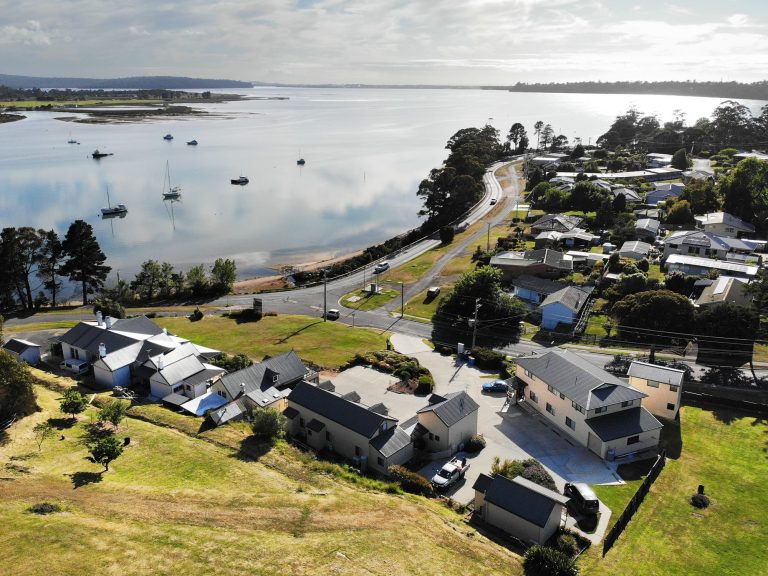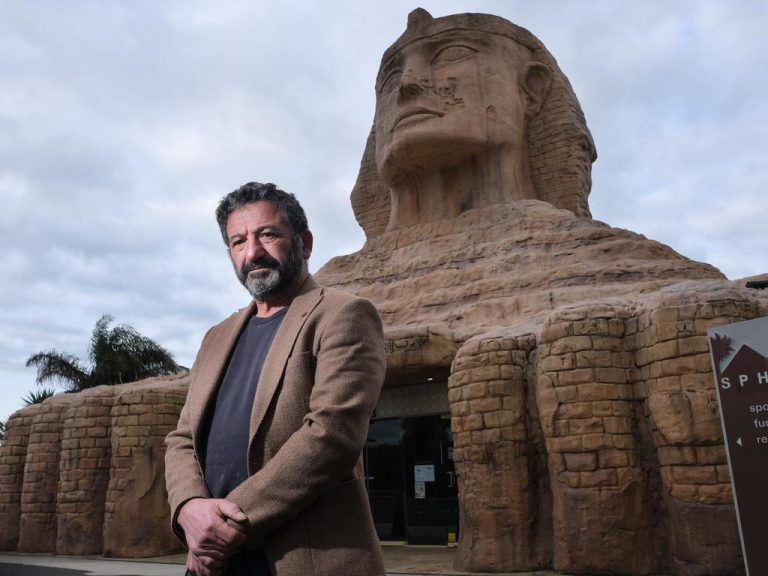Sofitel revamp just the beginning in five-star plan

French hotelier Accor has signalled its desire to expand its luxury portfolio in Australia, with hopes for new Sofitel and MGallery properties on the agenda. Picture: Supplied
French hotelier Accor has signalled its desire to expand its luxury portfolio in Australia, with hopes for new Sofitel and MGallery properties on the agenda.
Maud Bailly, chief executive of Sofitel, MGallery and Emblems brands, flagged the chain’s ambitions after the relaunch of the Sofitel Sydney Wentworth, saying that the safe haven of luxury real estate was being chased by investors globally.
The hotelier’s vision was backed in Sydney by the hotel’s owner, private equity group KKR, which in 2021 supported a venture between local firms Futuro Capital and Marprop, that bought the ageing property in 2021 in a counter-cyclic play for $315m.
They have since heavily invested in overhauling the property, punting that five-star luxury hotels will prove the best bet in the long-term, even as spending by Chinese tourists remains subdued.
The Sofitel Sydney Wentworth officially reopened last week after a $70m renovation intended to blend French luxury with its local heritage as one of the country’s most iconic hotels.
Ms Bailly said the renovation was emblematic of a rejuvenation program taking place across the Sofitel brand globally and bringing the brand back to prominence.
First opened in 1966 by Qantas, the Sofitel Sydney Wentworth has long been prominent in Australia, hosting celebrities and dignitaries including Princess Diana and Prince Charles, Queen Elizabeth II, Sophia Loren, Elton John, and Bill Gates.
But its luxury stylings had faded, and Accor is now moving to bring the Sofitel brand around the world back up to the top echelon of hospitality.
“We had a two speed network with some beautiful flagships, some great products, but, on the other hand, some of what we call detractors, in deep need of renovation,” Ms Bailly said. And the environment has become more competitive, with upstart brands taking share and regional players also setting up chains.

Maud Bailly, CEO of Sofitel, Sofitel Legend, MGallery, and Emblems.
Accor has responded with dramatic plans that have seen Sofitels upgraded around the world – with Sofitel New York perhaps the highest profile – as owners embrace the vision of updating the brand.
“We’re elevating not only the product, but also the service and everything,” Ms Bailly said. “It’s about reigniting a flagship which has mattered so much.”
Hotel owners were often riding strong rate growth even before renovating but they realised that it was critical to keep improving. “The minute your product is not so good, your service starts also to suffer,” Ms Bailly said. But revamping luxury hotels is costly – and the payback is extended.
“It’s a more midterm, long-term investment,” Ms Bailly said. “At the end, the return on investment is always there.”
Sydney’s hotels are also performing well. Industry analyst Dransfield Hotels & Resorts said the city led the pack with over 14 per cent revenue per available room growth in the last financial year.
“A return to the past is the narrative, with Sydney expected to again be effectively “full” within the next 2-3 years. Sydney will likely extend its RevPAR gap between the next best performers over the longer term,” Dransfield said.
While Australia is not an easy market, with construction and financing constraints and high labour costs, Ms Bailly is still keen on expanding.
“I believe we can have more resorts. I would love to have two or three more resorts in Australia,” she said. “I would also love to push for our MGallery collection brand,” she said. The hotelier is planning to open 30 Sofitels around the world over the next three years, and the boutique MGallery is also slated to grow.

The Delta Rue restaurant in the Sofitel Wentworth in Sydney. Picture: Supplied
Ms Bailly said that MGallery would be suited to cities like Brisbane, and it is already in regional areas.
The hotelier is upbeat about the prospects for luxury spending, although some local retail landlords have noted a recent cooling. The segment is under pressure from forces ranging from high interest rates, labour issues and geopolitical instability, but she argues that it remains one of the strongest areas.
“There is a kind of shelter around the luxury segment, because people perceive luxury as a very secure long term investment,” Ms Bailly said. “But luxury expansion is never for granted.”
“I think it’s always going to be a shelter, because to me, it’s not just about luxury goods, it’s about luxury experiences.”







